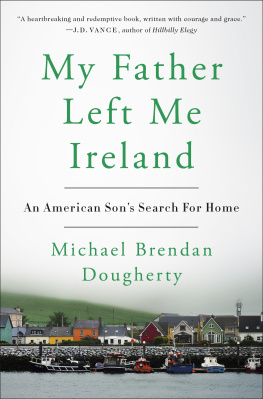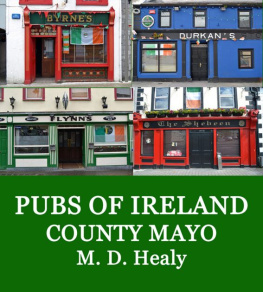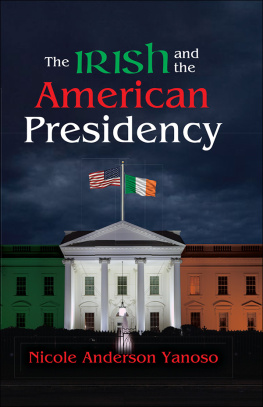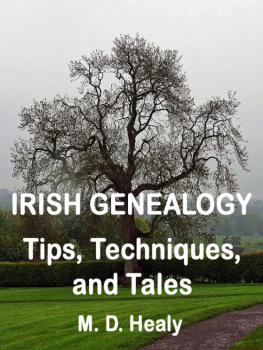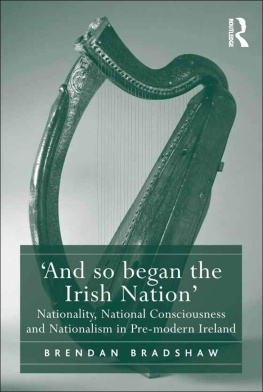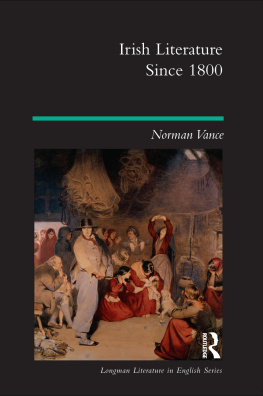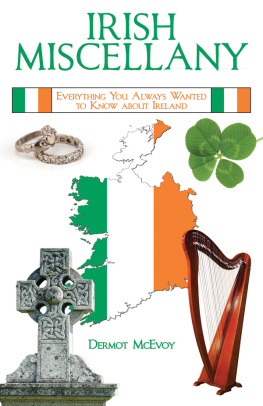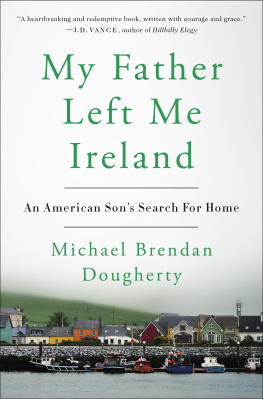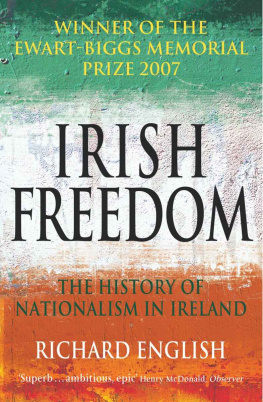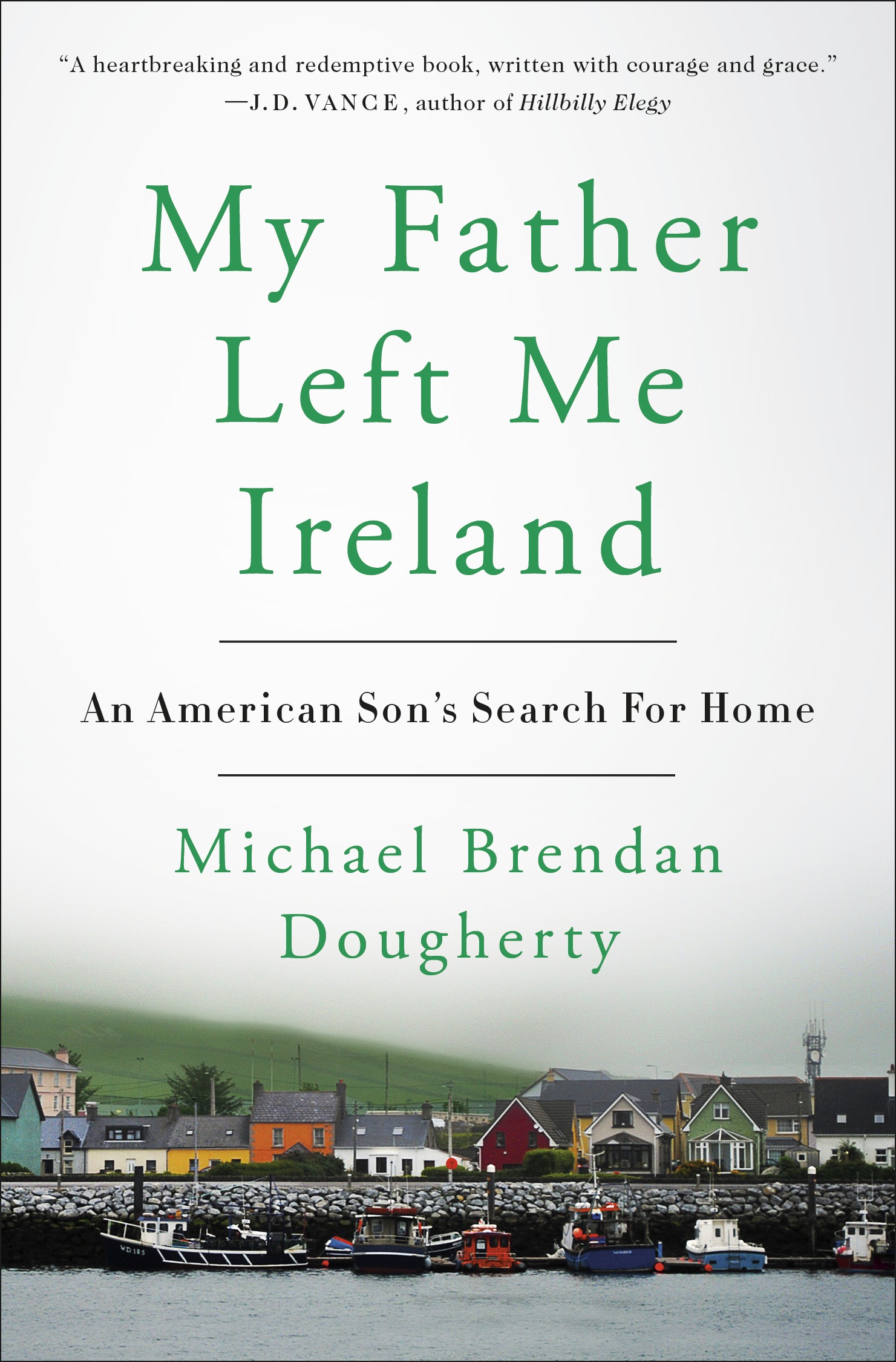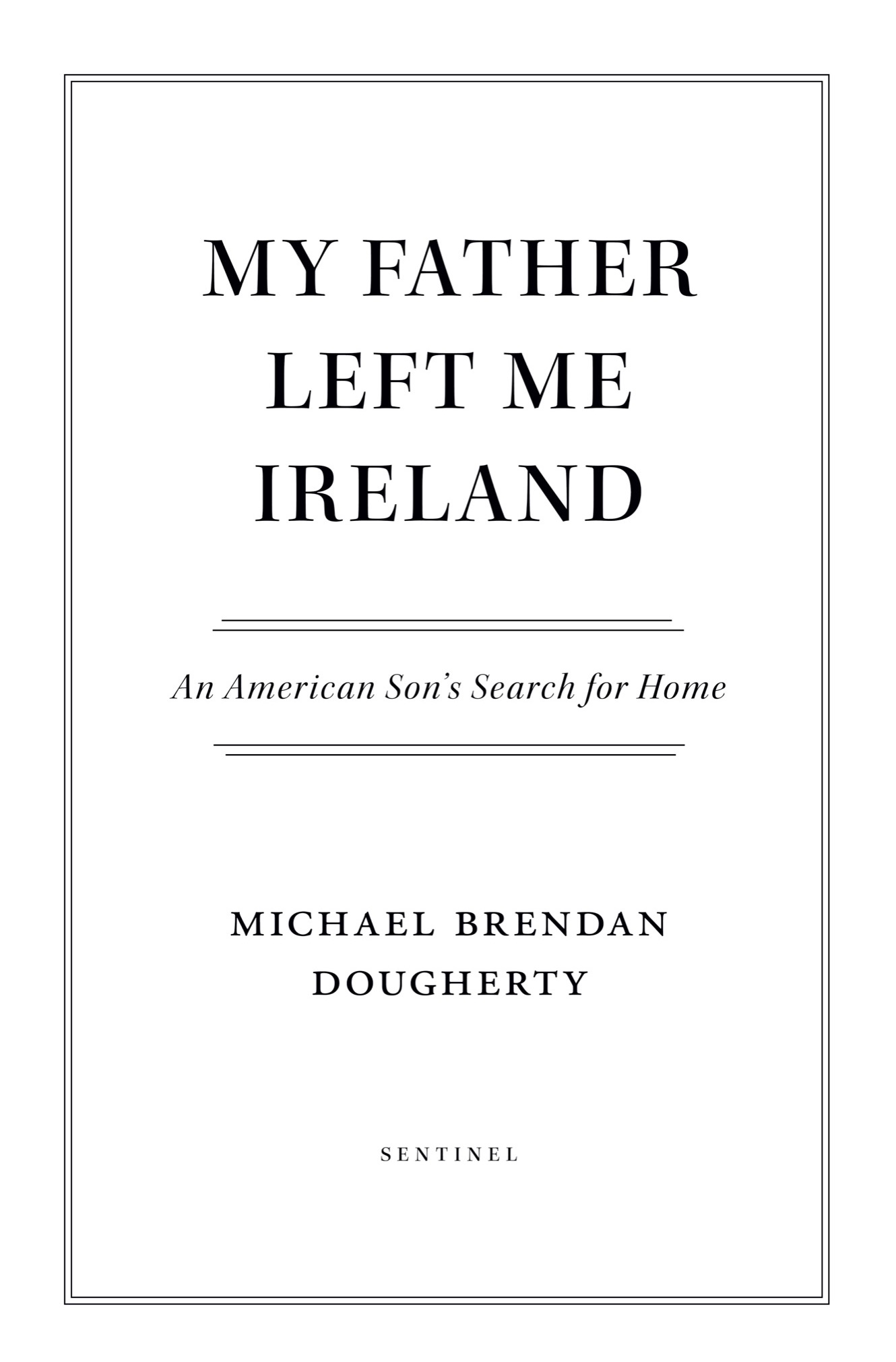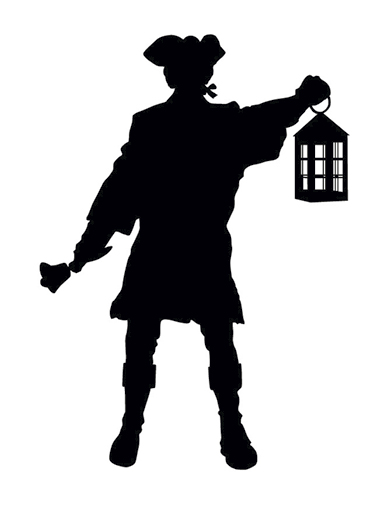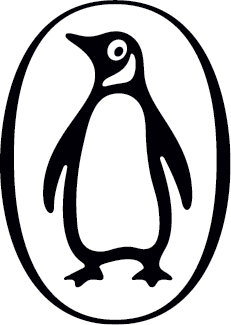Michael Brendan Dougherty - My Father Left Me Ireland: An American Son’s Search for Home
Here you can read online Michael Brendan Dougherty - My Father Left Me Ireland: An American Son’s Search for Home full text of the book (entire story) in english for free. Download pdf and epub, get meaning, cover and reviews about this ebook. year: 2019, publisher: Sentinel, genre: Non-fiction / History. Description of the work, (preface) as well as reviews are available. Best literature library LitArk.com created for fans of good reading and offers a wide selection of genres:
Romance novel
Science fiction
Adventure
Detective
Science
History
Home and family
Prose
Art
Politics
Computer
Non-fiction
Religion
Business
Children
Humor
Choose a favorite category and find really read worthwhile books. Enjoy immersion in the world of imagination, feel the emotions of the characters or learn something new for yourself, make an fascinating discovery.
- Book:My Father Left Me Ireland: An American Son’s Search for Home
- Author:
- Publisher:Sentinel
- Genre:
- Year:2019
- Rating:5 / 5
- Favourites:Add to favourites
- Your mark:
My Father Left Me Ireland: An American Son’s Search for Home: summary, description and annotation
We offer to read an annotation, description, summary or preface (depends on what the author of the book "My Father Left Me Ireland: An American Son’s Search for Home" wrote himself). If you haven't found the necessary information about the book — write in the comments, we will try to find it.
The child of an Irish man and an Irish-American woman who split up before he was born, Michael Brendan Dougherty grew up with an acute sense of absence. He was raised in New Jersey by his hard-working single mother, who gave him a passion for Ireland, the land of her roots and the home of Michaels father. She put him to bed using little phrases in the Irish language, sang traditional songs, and filled their home with a romantic vision of a homeland over the horizon.
Every few years, his father returned from Dublin for a visit, but those encounters were never long enough. Devastated by his fathers departures, Michael eventually consoled himself by believing that fatherhood was best understood as a check in the mail. Wearied by the Irish kitsch of the 1990s, he began to reject his mothers Irish nationalism as a romantic myth.
Years later, when Michael found out that he would soon be a father himself, he could no longer afford to be jaded; he would need to tell his daughter who she is and where she comes from. He immediately re-immersed himself in the biographies of firebrands like Patrick Pearse and studied the Irish language. And he decided to reconnect with the man who had left him behind, and the nation just over the horizon. He began writing letters to his father about what he remembered, missed, and longed for. Those letters would become this book.
Along the way, Michael realized that his longings were shared by many Americans of every ethnicity and background. So many of us these days lack a clear sense of our cultural origins or even a vocabulary for expressing this lack--so we avoid talking about our roots altogether. As a result, the traditional sense of pride has started to feel foreign and dangerous; weve become great consumers of cultural kitsch, but useless conservators of our true history.
In these deeply felt and fascinating letters, Dougherty goes beyond his familys story to share a fascinating meditation on the meaning of identity in America.
Michael Brendan Dougherty: author's other books
Who wrote My Father Left Me Ireland: An American Son’s Search for Home? Find out the surname, the name of the author of the book and a list of all author's works by series.

